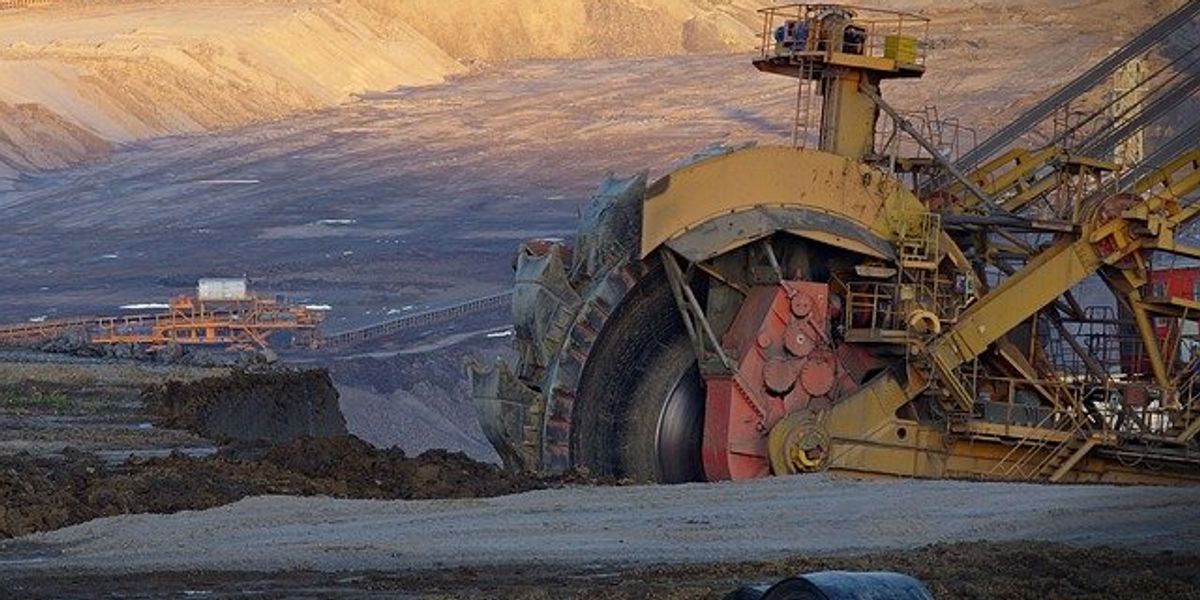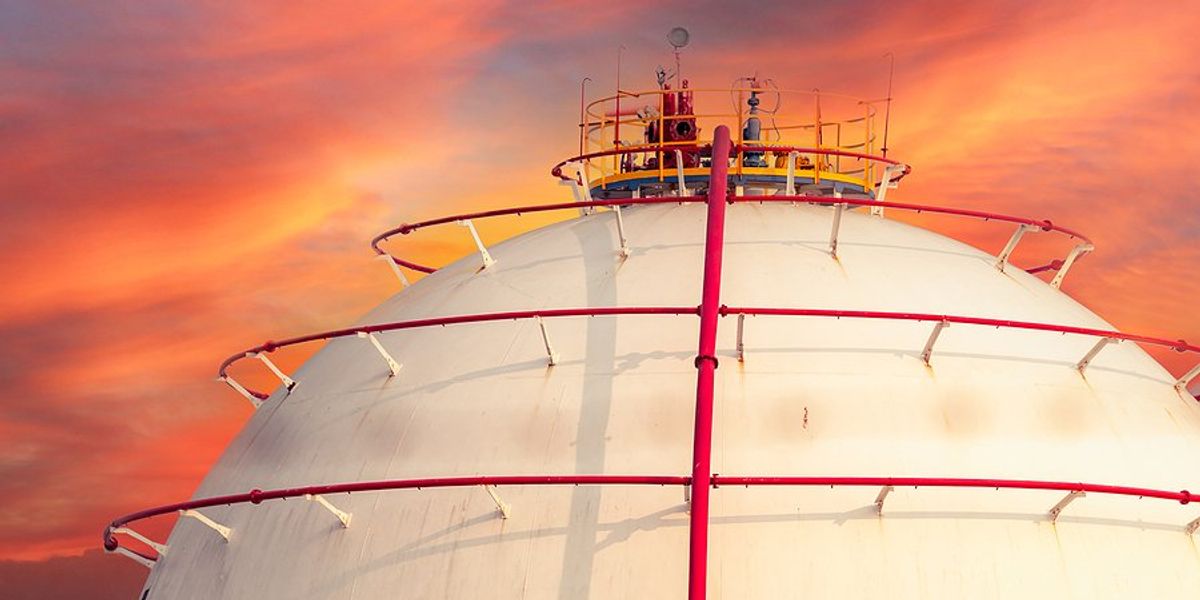mukhtar babayev
Azerbaijan faces challenges as host of global climate summit
Azerbaijan will host this year's global climate summit, COP29, highlighting the country's complex position as a major oil and gas producer amidst calls for reducing fossil fuel dependency.
In short:
- Azerbaijan, heavily reliant on fossil fuels, is hosting COP29, the United Nations climate summit, despite having little experience in global climate politics.
- Mukhtar Babayev, the event's president, must navigate the interests of oil-producing nations and vulnerable island states as Azerbaijan faces pressure to transition to renewable energy.
- Azerbaijan argues that wealthy countries should provide financial support to help less developed nations transition to cleaner energy.
Key quote:
“If the European countries are against gas, then why do they request more from Azerbaijan?”
— Mukhtar Babayev, COP29 president
Why this matters:
As climate change worsens, countries like Azerbaijan face challenges in balancing economic reliance on fossil fuels with the urgent need for climate action. The summit will test Azerbaijan's ability to contribute to global climate efforts and navigate its economic dependencies.
Developing nations urged to enhance transparency in climate finances
Mukhtar Babayev calls for improved financial accountability in climate actions as developing nations seek significant funding.
In short:
- At the upcoming COP29, a new global goal for climate finance will be established, with transparency as a key focus.
- Babayev emphasizes the creation of a "transparency mechanism" to foster trust and effective climate action among nations.
- Current challenges include the discrepancy in reported emissions and actual emissions, and the misuse of funds designated for climate initiatives.
Key quote:
“It’s very important to build this correct, good and honest trust between the parties.”
— Mukhtar Babayev, ecology minister of Azerbaijan
Why this matters:
At previous COP meetings, discussions around climate finance often centered on the commitments of developed nations to support developing countries in their climate mitigation and adaptation efforts. However, transparency has frequently been a stumbling block, with concerns about the adequacy and reliability of reported financial flows. The focus on transparency at COP29 aims to build trust among countries and ensure that funds are used effectively and reach their intended targets.














